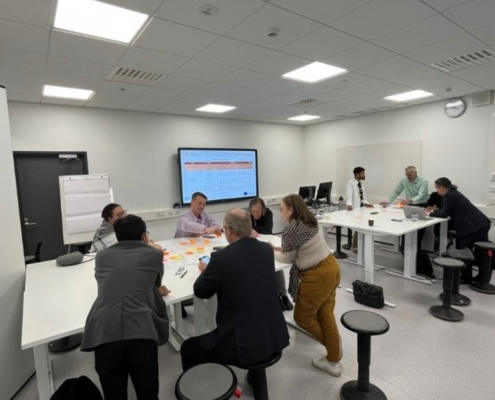
The Futures of Critical Raw Materials in Europe explored at the 2024 Futures Conference in Turku
On the past 13th and 14th of June, La Palma Research Centre was…
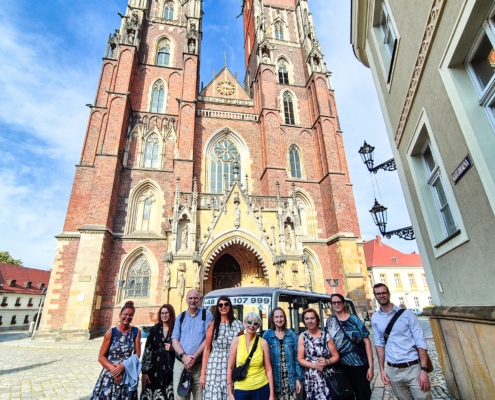
TIMREX Steering Commitee Meeting, 27-28 June 2024, Wroclaw, Poland
La Palma Research Centre joined the TIMREX consortium in Wroclaw,…
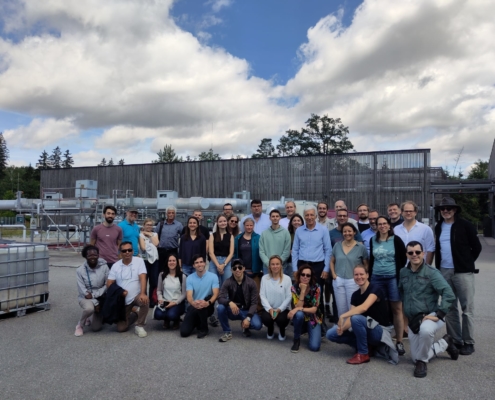
CRM-geothermal 3rd General Assembly, 3-5 July 2024, Munich, Germany
La Palma Research Centre joined the CRM-geothermal partners in…
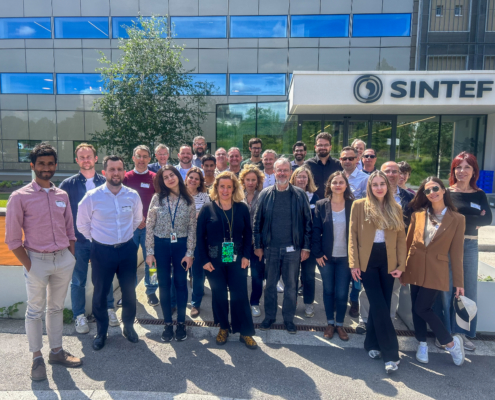
START Consortium Meeting, 6 & 7 June 2024, Oslo, Norway
The 2024 annual START meeting was held during the 6th and 7th…
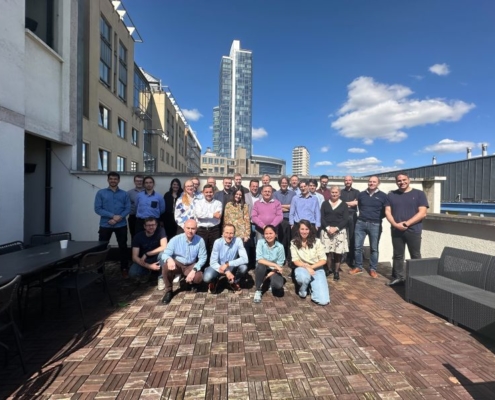
PERSEPHONE Meeting, 10 & 11 April 2024, Brussels, Belgium
The La Palma Research Centre team met for the first time the…
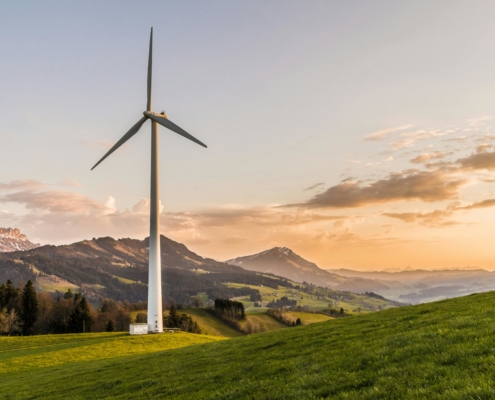
LPRC co-hosted the recent CRM-geothermal webinar
LPRC, partner in the CRM-geothermal project, co-hosted a webinar…
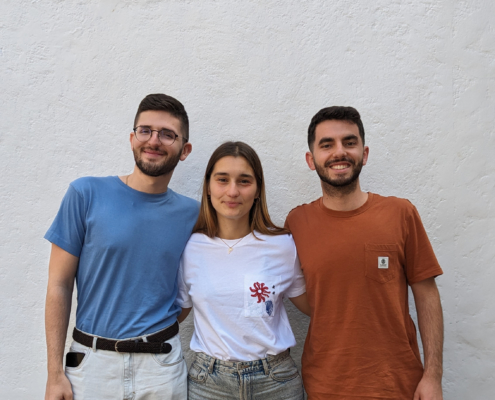
INVESTIGO Research Fellows 2024
LPRC welcomes the new 3 INVESTIGO Research Fellows!
Three young…
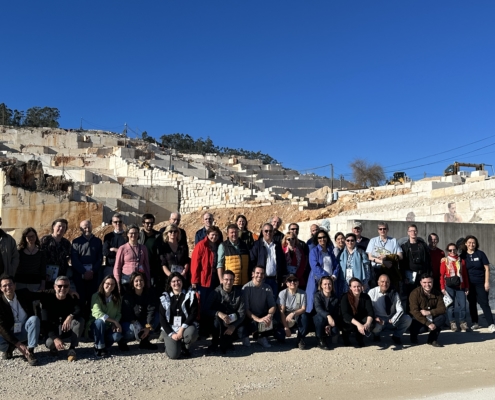 CIRAN
CIRANCIRAN Consortium Meeting, Lisbon, Portugal, 22-25 January 2024
The CIRAN project held its annual physical meeting in Lisbon,…
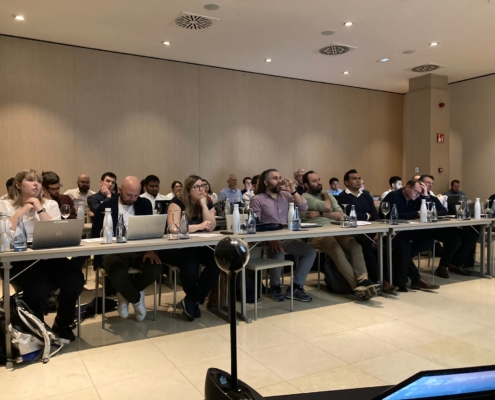
FIREFLY Project Consortium Meeting, Tenerife, January 2024
The LPRC team hosted the recent FIREFLY Consortium Meeting in…
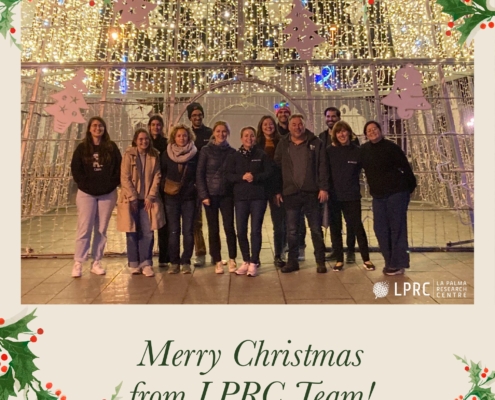
Best wishes to everyone from the La Palma Research Centre team
La Palma Research Centre team wishes you a very merrychristmas…
